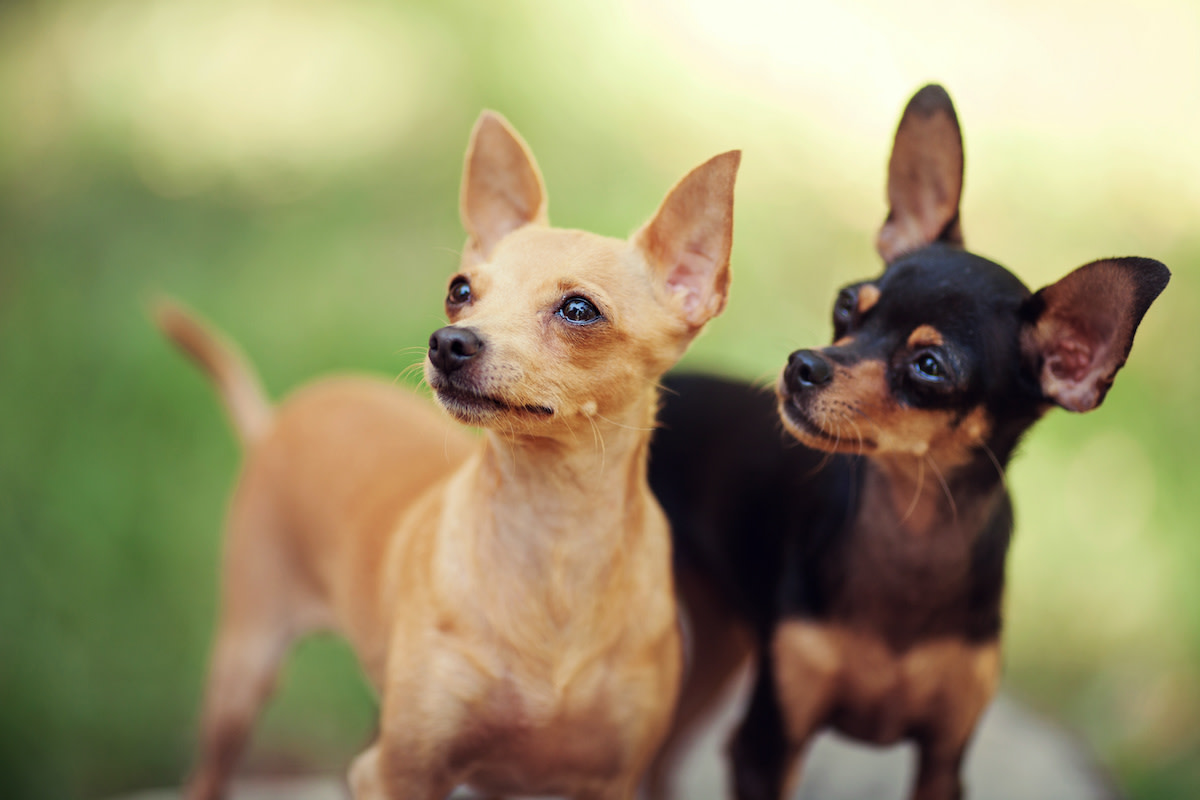Can Dogs Eat Cottage Cheese?
Written by MasterClass
Last updated: Mar 22, 2022 • 2 min read
Cottage cheese is full of healthy fats and is a good source of protein, but there are some safety considerations to keep in mind before you give your dog cottage cheese as a treet. Learn more about the benefits of feeding your dog cottage cheese and how to do so properly.
Learn From the Best
What Is Cottage Cheese?
Cottage cheese is a white, soft, fresh cheese that is made (typically from cows’ milk) by separating the curd from the whey. After rinsing the curds, cheesemakers may add salt or other flavoring agents. Cottage cheese can be made using skim-milk, part-skimmed milk, or whole milk. Cottage cheese comes in small-curd, medium-curd, and large-curd varieties, as well as low-fat or full-fat varieties. It is typically eaten on its own or alongside fresh fruit.
Is Cottage Cheese Safe for Dogs?
Cottage cheese is safe to feed to your dog as an occasional treat. It’s also a good option for feeding your dog when they have an upset stomach. A couple of spoonfuls of cottage cheese and white rice can help provide a protein-filled meal that’s easy for your dog to digest. However, it’s important to note that dogs produce very little lactase, the enzyme needed for digesting dairy products. Some dogs may experience lactose intolerance. Cottage cheese contains a very low amount of lactose and significantly less lactose than other cheeses, so even a lactose-intolerant dog is unlikely to experience digestive issues after eating cottage cheese. That said, it’s always best to use caution when introducing new human foods to your dog’s diet.
Cottage Cheese Health Benefits for Dogs
Cottage cheese provides numerous health benefits to dogs. It is a source of protein, calcium, magnesium, vitamin A, amino acids, fatty acids, probiotics, and potassium. However, too much cottage cheese can be detrimental to your dog’s health. Whole-milk cottage cheese has a high fat content. If consumed in large quantities, it could lead to excessive weight gain or obesity, which can also cause pancreatitis (inflammation of the pancreas). Cottage cheese can have a high sodium content, which can lead to high blood pressure. Some types of cottage cheese contain other flavoring agents that present a toxicity risk to your dogs, such as onion, chives, and garlic. Avoid feeding your dog cottage cheese with added flavorings.
How to Feed Your Dog Cottage Cheese
When introducing new foods to your dog, it’s best to mix in a small amount with their regular dog food. Choose a plain, low-fat cottage cheese over one with a high fat content and flavorings. Mix a small amount of cottage cheese—about a teaspoon or so—in with their kibble and monitor them for a reaction. If they have no adverse symptoms, it’s safe to feed your dog cottage cheese as a special treat. As with all human foods and dog treats, only feed your dog cottage cheese in moderation. Large amounts of cottage cheese can impair your dog’s digestive system, causing upset stomach, constipation, gas, diarrhea, and vomiting.
Before Sharing With Your Pooch
Certain human foods can cause adverse reactions in canines, so always consult your veterinarian to determine whether it is safe to add these foods to your pet’s diet. This article is for educational and informational purposes and is not a substitute for medical or dietary advice.
Want to Learn More About Training the Goodest Boy or Girl?
Your dream of having a dog who understands words like “sit,” “stay,” “down,” and—crucially— “no” is just a MasterClass Annual Membership away. The only things you’ll need to train up a well-behaved pup are your laptop, a big bag of treats, and our exclusive instructional videos from superstar animal trainer Brandon McMillan.
